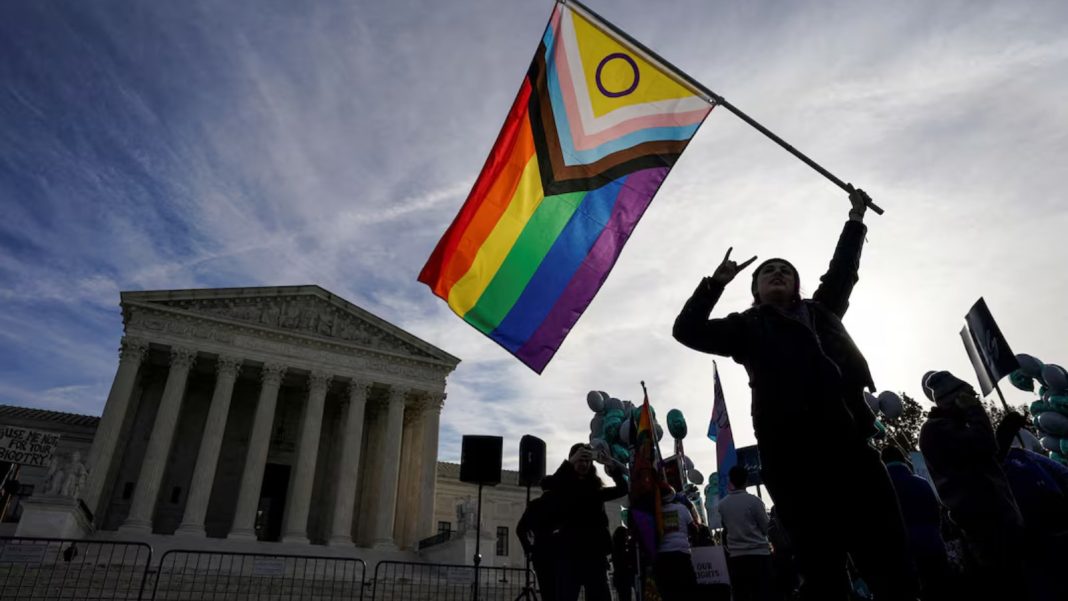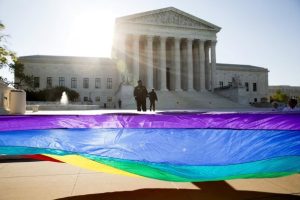US Supreme Court Upholds Same-Sex Marriage Nationwide
The US Supreme Court has rejected an appeal to overturn its landmark 2015 ruling that legalised same-sex marriage across the United States. The decision preserves marriage equality for LGBTQ+ couples nationwide.
Key Takeaways
- Supreme Court rejects challenge to 2015 same-sex marriage ruling
- Kim Davis’s appeal denied without comment
- Obergefell v. Hodges ruling remains intact
- Same-sex marriage continues to be legal nationwide
The Case Behind the Challenge
The appeal was filed by Kim Davis, the former Kentucky county clerk who gained national attention for refusing to issue marriage licenses to same-sex couples despite court orders. Davis argued that issuing marriage licenses to gay couples violated her religious beliefs as an Apostolic Christian.
Lower courts had previously rejected Davis’s claim that the First Amendment’s religious freedom protections shielded her from liability. She was ordered to pay over $360,000 in damages and legal fees for violating a same-sex couple’s constitutional rights.
Obergefell v. Hodges: The Landmark Ruling
The Supreme Court’s 2015 Obergefell v. Hodges decision represented a historic victory for LGBTQ+ rights in America. The ruling declared that states cannot ban same-sex marriages under the Constitution’s guarantees of due process and equal protection.
The original 5-4 decision saw conservative Justice Anthony Kennedy joining the court’s liberal justices. In his majority opinion, Kennedy wrote that gay people seeking to marry “ask for equal dignity in the eyes of the law. The Constitution grants them that right.”
Conservative Opposition and Recent Context
Justice Clarence Thomas remains the only current justice who has explicitly called for overturning the same-sex marriage ruling. Chief Justice John Roberts and Justice Samuel Alito, who both dissented in the original case, remain on the court but have shown limited appetite for revisiting the issue.
The Supreme Court’s 2022 decision to overturn Roe v. Wade had raised hopes among some conservatives that the court might reconsider other rights grounded in similar legal principles, including same-sex marriage. However, Monday’s rejection signals the court’s reluctance to revisit this particular precedent.
Davis’s lawyers had argued that same-sex marriage rights, like the overturned abortion rights, were based on what they termed the “legal fiction” of substantive due process. The Supreme Court’s refusal to hear the appeal suggests this argument failed to gain traction with the majority of justices.







